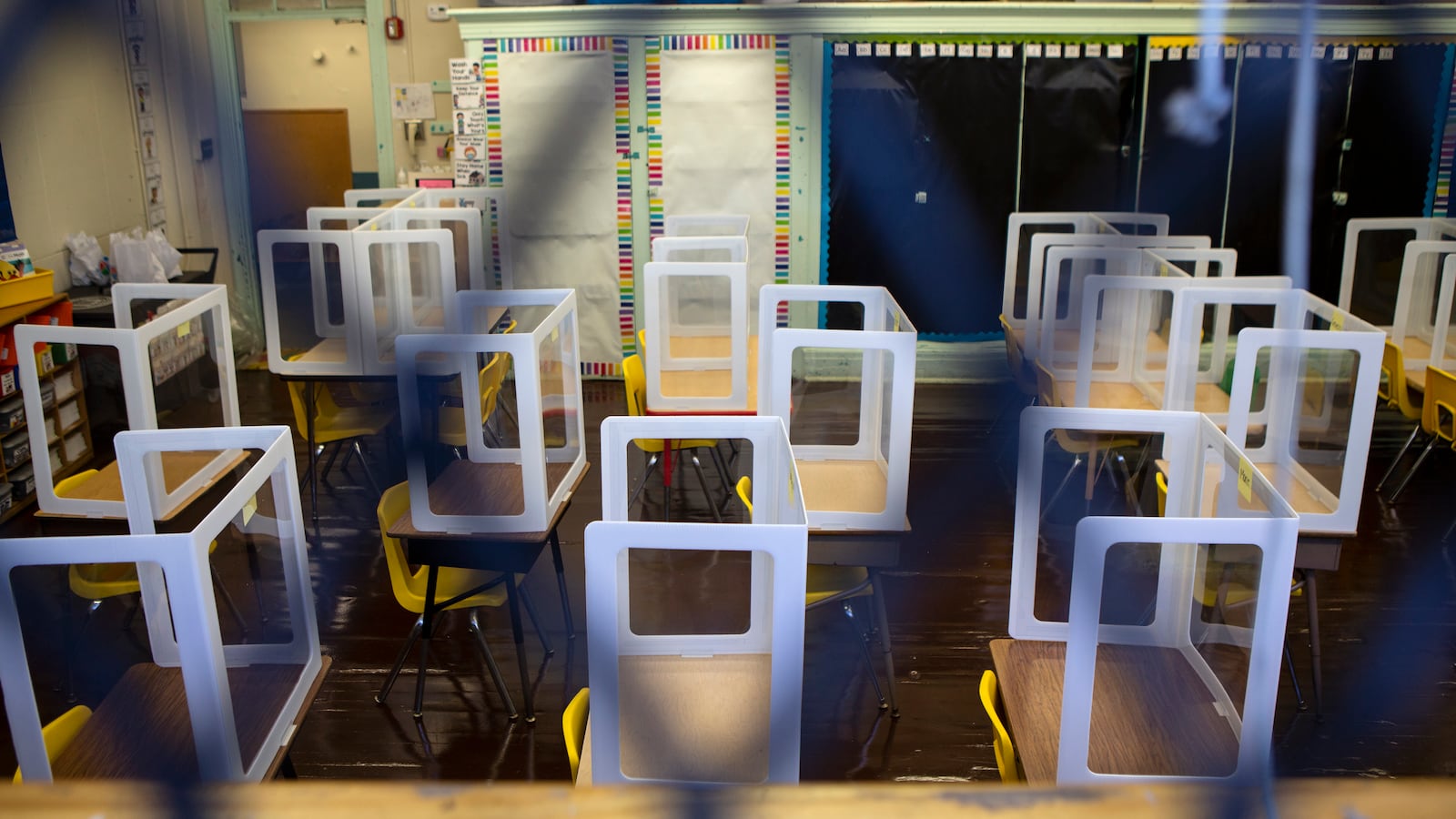Chalkbeat is a nonprofit news organization covering public education in communities across America. Sign up to receive the latest in education news straight to your inbox.
As the last wave of U.S. students head back to school this month, some veteran teachers won’t be there. They hit a breaking point last year, and walked away.
“The kids are wonderful and I could have possibly stayed for another year with greater support,” said Evan Gillum, who taught for three years in Chicago. “I may have changed my mind with some more resources.”
The tension and responsibility that educators like Gillum faced during the pandemic — combined with long-standing issues plaguing the profession, plus the coarsening of debates about classroom control, teacher pay and respect — have caused many to make the tough choice to leave the classroom.
Recently, Chalkbeat asked teachers who quit why they left. The 80 teachers we talked to said respect, support, better pay, and more flexibility are just a few of the things that might have kept them working in education. The insights shared in this package are diverse, touching on many polarizing issues facing schools today — teacher burnout, school funding, teacher training, equitable education, cultural representation within curriculum.
Even though some schools have lost teachers and are struggling to staff up, the blaring headlines proclaiming a new teacher shortage don’t yet have data to back them up. What’s more evident is the fact that high-poverty schools have long had trouble recruiting and retaining teachers. Also true is that the number of new educators has dwindled as fewer people enroll in teacher-prep programs.
With all of these issues top of mind, this package gives voice to educators who gave what they could, and in many cases wished things were different.
Do you have a story to tell about why you left the classroom? Or why you decided to stay? We’re listening at community@chalkbeat.org.
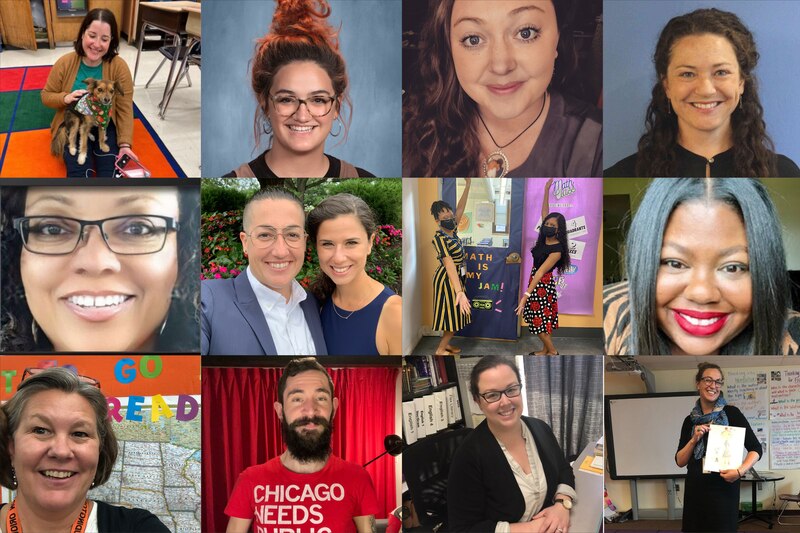
**
What are some of the reasons you chose to leave teaching?
“I have a master’s degree and live paycheck to paycheck still. This year, I have subbed during my plan time at least twice a week, and my school district is backed up so I still have not been paid for many of those days. Politics about CRT (critical race theory) and posting lessons. I have been struggling so much with my mental health that it has become the final straw.”
Samantha Certain
Colorado
Sixth grade social studies teacher for 5 years
Last day: July 30, 2022
“Since the recession in 2008, the support of public education in Michigan has been on a sharp decline. Class sizes increase, pay and benefits have decreased, support for teachers and administrators has drastically decreased. Privatized busing, custodial, and substitute programs have really taken a toll because the sense of community has dwindled as a result. Finally, students are not getting the full support and resources they need for the mental and physical challenges they are facing.”
Ingrid Fournier
Branch, Michigan
Teacher for 25 years
Last day: March 31, 2022, retired
“COVID had many devastating impacts, but this time offered the education field an opportunity for needed changes and to reevaluate things such as state assessments, teacher workload, and flexibility that could have helped maintain and attract teachers. But this did not occur.”
Jen McClain
Colorado Springs, Colorado
Teacher for 24 years
Last day: June 3, 2022
“Administration and colleagues have actively exhibited transphobic and homophobic rhetoric, including removal of queer literature for kids, outing trans students, dead-naming and refusal to use affirmed pronouns. School staff asking transgender students ‘if they are sure,’ and insisting that the parents have a right to know their child’s preferred pronouns (despite this being against district policy). When students use homophobic or racist language have no consequences unless specific affirming educators intervene. No administrative support. Limited district support, with the exception of specific staff who are overworked. I’m burned out and tired of fighting. I plan to return to school to study couples and family therapy.”
Evan Gillum
Chicago, Illinois
Teacher for three years
Last day: June 14, 2022
“Mostly, I left the classroom because I felt an urgency to help students make up one or more years of growth overall, but I was not supported in that mission. The school I taught at was more concerned with students’ social emotional learning, which is critical work right now. That said, I strongly believe that I am not qualified for that. I don’t have the skills to successfully teach SEL to children, and I wasn’t trained in the SEL curriculum at all. I have had over a decade of teaching experience and professional learning around reading, early literacy, and math, but not nearly enough to act as a social worker or counselor for children.”
Jessica Garay
Denver, Colorado
Taught for 13 years, eight in New Jersey, then five in Colorado
Last day: Sept. 21, 2021
**
‘I realized that teaching didn’t make me happy.’
As told to Colleen Connolly
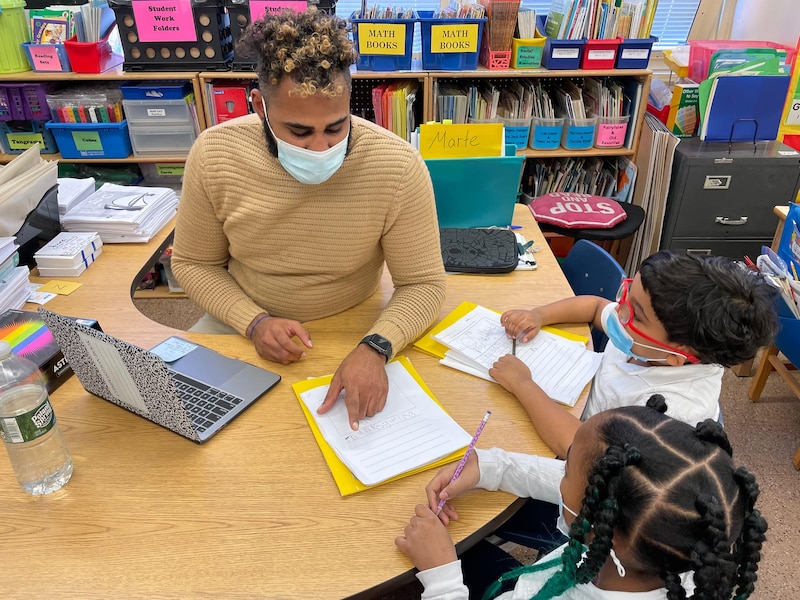
“I went into teaching because I love the work. I love working with children. I’m a Black Latino with an immigrant mother who came to this country to give her son a better life. Teaching was a field I went into out of humility, to give back to my community. I went in with my heart, but then after a while I just realized that it’s not all that it’s cooked up to be. You really don’t have as much power as you’re told that you do. There are people above me that are making the rules for a population that they’re vastly out of touch with.
“I prefer to work at Title I schools with predominantly Black and brown students who come from families of low socioeconomic status because they don’t have Black male teachers. I want these kids to succeed because they don’t see people that look like me telling them, “you can do it.”
“Teaching was a field I went into out of humility, to give back to my community. I went in with my heart, but then after a while I just realized that it’s not all that it’s cooked up to be.”
“I worked at a charter school for seven years, and after those seven years, I decided to work at a public school for another year. But the schools that need the most funds and the most resources don’t get it. I worked in a district that stretches from Harlem all the way down to the Upper West Side. Compared to classrooms on the Upper West Side, the difference is astounding. The buildings are nicer, the staff is nicer, the books are nicer. It’s a level of racism that you wouldn’t really expect, but it’s there and it’s only a few miles away.
“When you grow up, you realize Santa Claus isn’t real. Life is hard. I realized that teaching didn’t make me happy. Despite those kids getting a great teacher like myself, they’re still going to struggle. Inequities are going to be there in education. I can’t be working in a field where I can’t make a difference or that no longer makes me happy. In education, you give so much of yourself to other people, but you don’t really give yourself what you need.”
Alcides Marte
Bronx, New York
Kindergarten teacher for eight years
Last day: June 27, 2022
**
What, if anything, would have changed your decision?
“I don’t think anything could’ve convinced me to stay.”
Cassie King
Teacher for 10 years
Last day: April 14, 2022
“Student loan forgiveness for the entire loan after working 10 years. If they’re not going to treat teachers like professionals and not pay them their worth, then make the degree an associate degree so new teachers don’t drown in debt from student loans.”
Angel Spangler
Rockville, Indiana
Teacher for 20+ years
Last day: May 27, 2022
“Respect and support from administration and colleagues. The kids are wonderful and I could have possibly stayed for another year with greater support. I may have changed my mind with some more resources, such as changes to requirements for financial reimbursement. The ability to not have to work for hours at home would also be nice.”
Evan Gillum
Chicago, Illinois
Teacher for three years
Last day: June 14, 2022
“Remote learning or hybrid, better pay, better leadership structure.”
Shannan Wilson
Richmond, Virginia
Teaching since 2012
Last day: June 24, 2022
“1) Better treatment of teachers as collaborators and professional educators by school administrators; and 2) a feasible plan for addressing pandemic-related student behavior that negatively impacts teaching and learning.”
Darlene Gordon
Chicago, Illinois
14 years as a teacher
Last day: May 2022
‘When the pandemic happened, you were completely alone.’
As told to Colleen Connolly
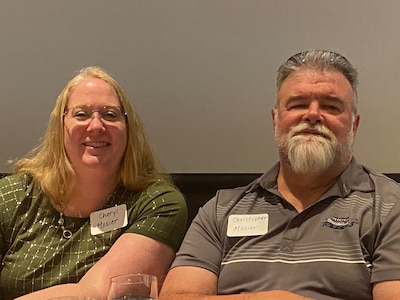
“I’ve been at Columbine for 25 years. My husband and I have taught the exact same subject — earth science — for over 20 years together, in different classrooms, but literally next door to each other. We were very much a team. During the pandemic, he was a remote-only teacher and I was in the building, and it just dawned on me that that was something I was not willing to do, teach without him. We both retired in May. Our son graduated from the high school we taught at as well, so all three of us just kind of left at the same time.
“After the Columbine shooting, quitting momentarily crossed our minds, but I wasn’t ready. I knew this was my calling and I couldn’t see myself doing anything else. And the kids I had in my classroom, I wanted to be there for them, to be their support system however they needed in those coming years.
“After the shooting, we became a very tight-knit community at Columbine. You knew everybody in the building that was on staff and they were your friends. Then as the years went by, we’ve changed the staff, as every school does over the years. A lot of those people left. They retired or moved to different positions. When the pandemic happened, you were completely alone and not talking to anybody else. It was just one more traumatic thing that made me think I don’t really want to do this anymore.
“Then there was the constant battle that teachers like myself face with society. In the first part of the pandemic, it was “teachers are so great. We love them.” Then within a couple of months it’s like, ‘teachers suck’ again. It’s a constant battle trying to prove ourselves to society so that we can get the things we need in our classrooms.
“One of my goals this year is to advocate at the state Capitol more, especially in the spring when they’re in session, and go to testify for and against education bills. Hopefully I’ll have one-on-one conversations with some of the legislators in Colorado and just let them know what we actually need in our classrooms.”
Cheryl Mosier
Littleton, Colorado
Ninth grade earth science teacher for 30 years
Last day: May 26, 2022
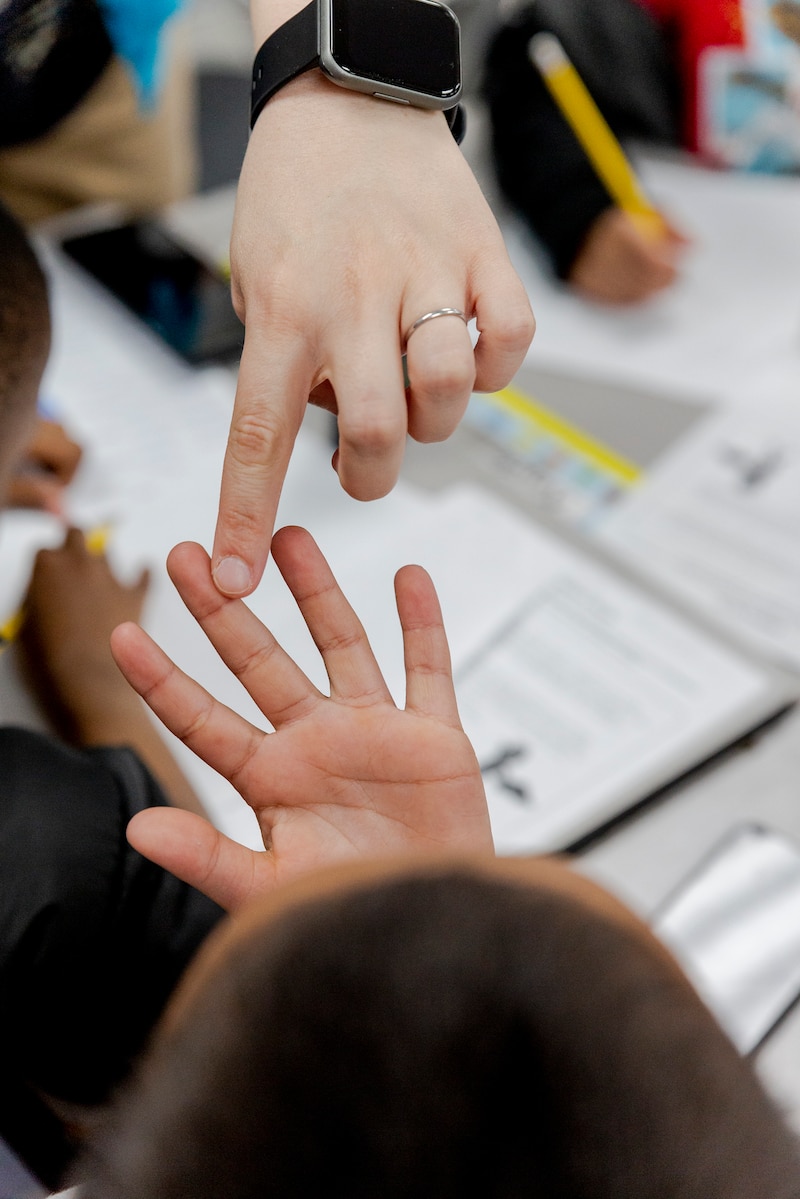
**
Why did you choose to pursue teaching originally?
“I am the product of the NYC Public School System, K-12. I had amazing teachers, and wanted to follow in their footsteps. Also, I like breaking down concepts so that students can understand them. It’s an amazing feeling to help a student learn.”
Kathryn Gallagher
Queens, New York (now Baltimore, Maryland)
Taught for 14 years
Last day: Jan. 31, 2022
“I believe that public education is the foundation of a just, democratic society and that there is no greater impact than that of a teacher. I love spending my days with young people; they continue to surprise you as they grow into awesome people. I wanted to support them through the many trials of middle and high school. I wanted to tackle issues of equity and social justice at personal and systemic levels by creating supportive learning environments and advocating for educators. I wanted to break down commonplace anxieties around math by making it fun and fostering growth mindsets. I believe that problem solving skills are essential for success in one’s personal and professional endeavors and that our world would be a better place if more people employed logic and quantitative reasoning to make well-informed decisions.”
Marita Whalen
Crested Butte, Colorado
Teacher for nine years, math teacher and math department chair
Last day: June 3, 2022
**
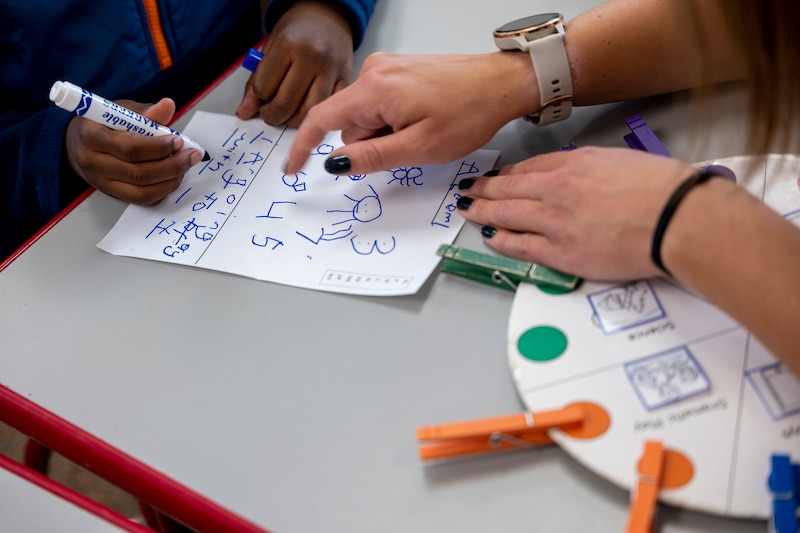
What do you think is the biggest challenge facing teachers today?
“The amount of labor involved, physically, mentally, spiritually, is very intense. The amount of juggling required to get through a day is truly exhausting. This was the first time that I went on a spring break and didn’t feel completely spent. We need to slow down. Teachers need to have more time to create curriculum that is thoughtful, liberatory, and meaningful for students.”
Abbey Nova
Brooklyn, New York
A social studies teacher for eight years
Last day: Nov. 2021, following maternity leave
“It is what I call ‘The second job.’ Teaching is really two jobs. There is the job of delivering instruction. That happens during the day. The rest of teaching (planning, grading, figuring out mountains of data) happens outside of delivering instruction. You leave the school building to go home to more work.”
Kathryn Gallagher
Queens, New York (now Baltimore, Maryland)
Taught for 14 years
Last day: Jan. 31, 2022
“Low pay. I have never worked so hard at a job, and made such little pay. Financial stress can feel like a lot of pressure. If I could go to sleep not worried about how I’m going to cover my monthly bills, I’d probably be a better, more-involved teacher.”
Claire Holsinger
Evans, Colorado
Teacher for two years, took a leave of absence for the 2022-23 school year
**
‘The entire energy of the school really changed’
As told to Colleen Connolly
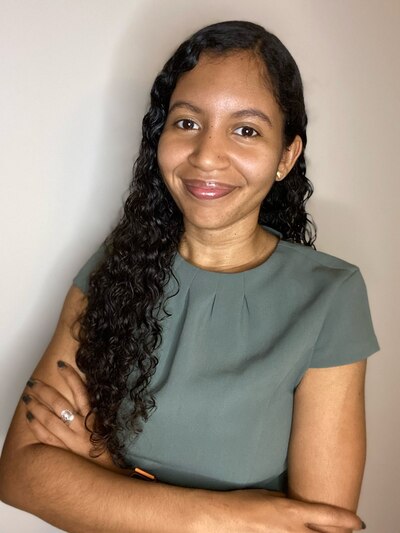
“During the pandemic, I was pursuing my master’s, and my thesis was on Latinx student inclusion in secondary school settings. I used my school to gather data, and I had done focus groups and interviews with students and staff and surveyed everyone in our school.
“The themes that emerged were that Latinx and Asian American students didn’t feel like they were included in our school culture. So I wrote an advisory curriculum for students where we talked through topics related to DEI. The school administration had also become more keen to cover those topics, given the murder of George Floyd and everything that happened afterward.
“All of this happened while we were virtual, and when we went back to being in person, the administration said we can’t fit that into our schedules anymore, which was unfortunate and really sad. We were going to add electives specifically focused on different identity groups. We had a Latinx film course we offered and different kinds of celebratory things. All of those got scrapped when we went back in person. It just wasn’t a priority. The schedule didn’t match.
“I was also a special education teacher, and during COVID, while we were virtual, my class sizes got a lot bigger. I had nearly 30 students, but it was manageable when we were virtual. When we transitioned back to being in the classroom, my numbers stayed the same. I was the only adult in the room, and it was really challenging with behavior management. Teachers were leaving, and the administration was clearly stressed because they were trying to fill spots and find substitutes. A lot of us, especially in special education, were left to run things on our own.
“The entire energy of the school really changed and it made it so that a lot of teachers felt like all the things that made school really enjoyable were cut, and all the things that made school kind of overwhelming were left in.”
Rhina Allende
Pennsylvania (now New York City)
Special education teacher for 3 years
Last day: Nov. 23, 2021
**
What else would you like us to know?
“I taught at a rural K-12 school that lost many experienced teachers at the end of last year, across every grade and department. They were also in need of an assistant principal, and although I hold an administrative license, I was too burnt out to apply. I chose to leave K-12 education instead. My school has since filled all teaching and administrative vacancies but is still struggling to find support staff.”
Marita Whalen
Crested Butte, Colorado
Teacher for nine years, math teacher and math department chair
Last day: June 3, 2022


